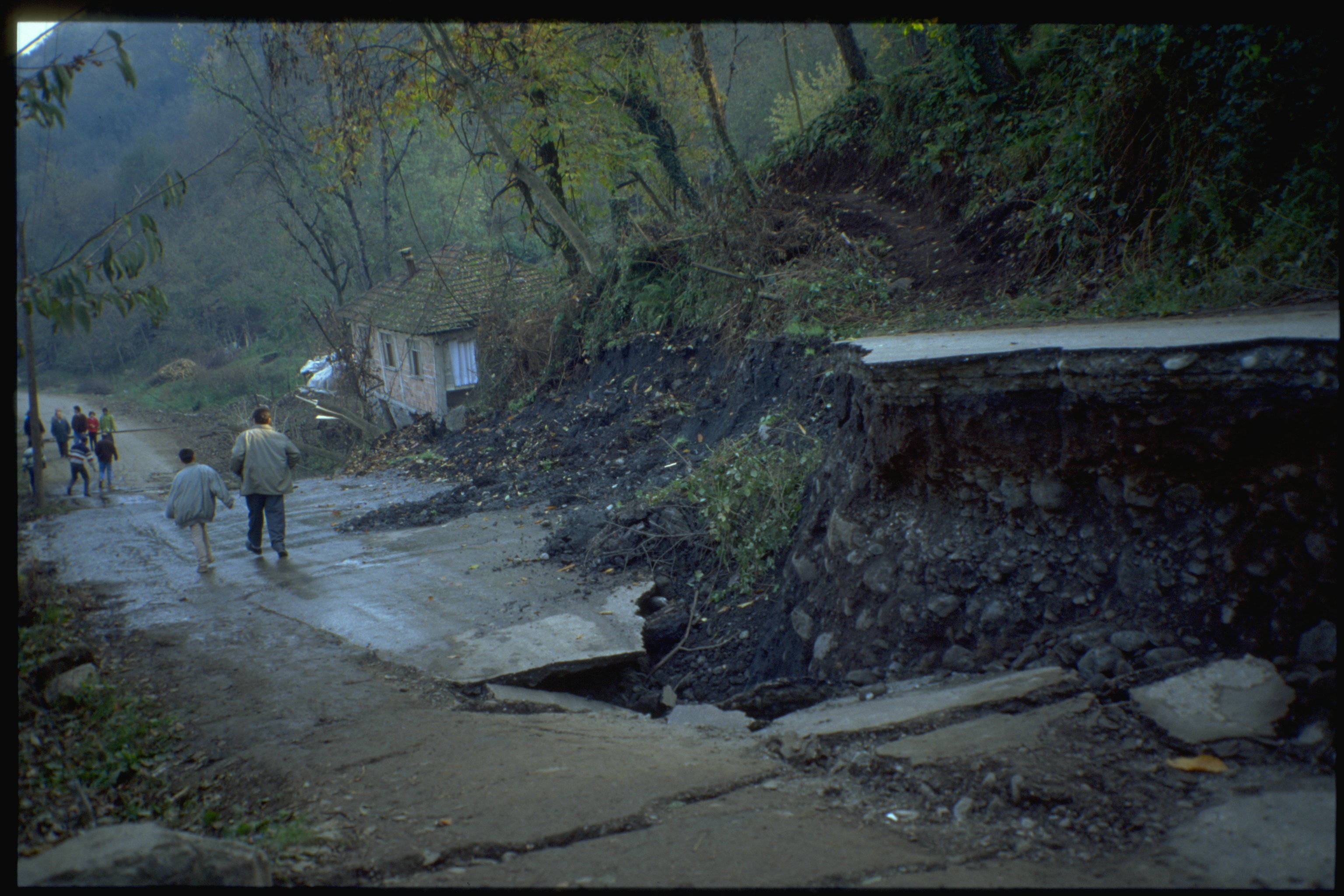All Categories
Featured
Table of Contents
Integrated Geophysical Surveys For The Safety in Hamersley WA 2020
Link with MBA programs looking for prospects like you. Research study. Link with master's programs around the country to get an edge over the competition.

A geophysicist studies various aspects of the earth. See a video to learn what a geophysicist: Geophysicists need to earn a minimum of a bachelor's degree; however, this is for an entry-level position.
If you desire do research you need to pursue a Ph. D. Undergrad coursework usually includes geology, mathematics, environmental science, or physics. Advanced degrees require more specific research studies in the specialized of choice. Areas can include oceanography, atmospheric physics, meteorology, planetary, petroleum, environmental, and mining. Job potential customers are higher if you have a strong background in computer technology or technology.
5 Surface Geophysics in Doubleview Australia 2021
Access to these opportunities might be restricted depending on where you live; nevertheless, internships or summer programs with geophysical business, university geophysics department, or the U.S. Geological Survey can be options. You can discover a list of a list of opportunities on the United States Geological Study (USGS) websites' Pathway Programs tab (opens in another link).
If you have yet to finish high school, taking as lots of science and math classes as possible would be a plus. Geophysicists likewise deal with computers while investigating, so computer courses can also be helpful, as mentioned previously in this short article. Numerous geophysicists specialize in an area of geophysics. The task description would change pending on the specialized.
A geophysicist's duties can include measuring, tracking, and recording data from numerous physical homes in the world. They also evaluate and exam info received. Geophysicists often have to travel worldwide to analyze geological occasions that have occurred or might have been anticipated. Geophysics is a research-based career field, therefore one need to have the ability to assume, problem-solve, and concern or challenge formerly held assumptions from their gathered data.
How To Become A Geophysicist in Joondalup Australia 2022
Jay Wellik, a geophysicist, research studies volcanos. His area of proficiency in geophysics is researching why volcanos erupt and what signs there might be that an eruption may take place. He tracks seismic activity and then follows what takes place in the past, during, and after a volcano erupts. Geophysicists usually work full-time hours; however, they typically work irregular hours, as pointed out previously.

You can discover extra info about Geophysicists in addition to extra academic materials on the U.S. Geological Study website (links open in a brand-new window). Laura Stern, of the U.S. Geological Survey at the Gas Hydrates Lab in Menlo Park, California: We make a variety of various hydrates in the lab.
We also make carbon dioxide hydrate, ethane hydrate, lp, a number of various structures. It's about 100 degrees chillier than the temperature at which these hydrate samples would dissociate, when they would decompose to ice plus gas on the tabletop.
What Is A Seismic Survey? in Casaurina Western Australia 2022
So the samples we make, their polycrystalline. They appear like snow, it appears like compressed snow but truthfully, it does consist of gas inside. Take a little piece off here and as it warms up, you'll begin to see it pop. It's going back to ice plus gas and after that as the ice would melt as it continues to warm, it will end up being water plus gas.
My name is Steve Kirby, I'm a Geophysicist here at the U.S. Geological Survey in Menlo Park. I deal with Laura Stern who is likewise a Geophysicist in this laboratory that adheres towards the examination of planetary ices and gas hydrates. Gas hydrates in nature occur in extremely remote places and they are really intricate with the interactions and conditions that they form under and samples that are brought up are under some sort of alternation or decomposition.
This is an unusual laboratory and there are only a handful of them worldwide and we are very lucky to be here at the Geological Study and to have the chance of dealing with them. Bureau of Labor Data, U.S. Department of Labor, Occupational Outlook Handbook, Geoscientists. National Center for O * NET Advancement.
What Is A Geophysicist? in Belmont WA 2022
This video was produced by the federal government for the U.S. Geological Study. The USGS Gas Hydrates Laboratory is funded by the Department of Energy and the USGS Gas Hydrates Job.
Table of Contents
Latest Posts
Glad You Asked: What Are Seismic Surveys? in Mt Helena Oz 2023
Geophysical Survey Services - Geophysical Test Methods in East Fremantle Oz 2021
Marine Geophysical Surveying - in Butler Oz 2021
More
Latest Posts
Glad You Asked: What Are Seismic Surveys? in Mt Helena Oz 2023
Geophysical Survey Services - Geophysical Test Methods in East Fremantle Oz 2021
Marine Geophysical Surveying - in Butler Oz 2021